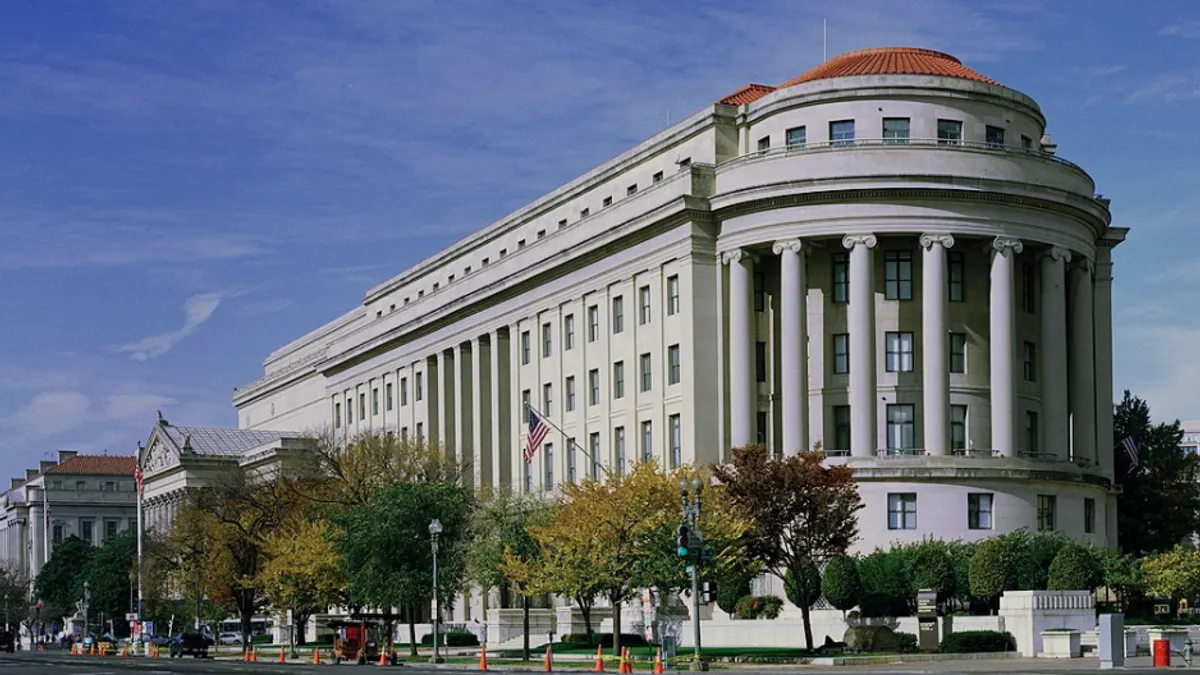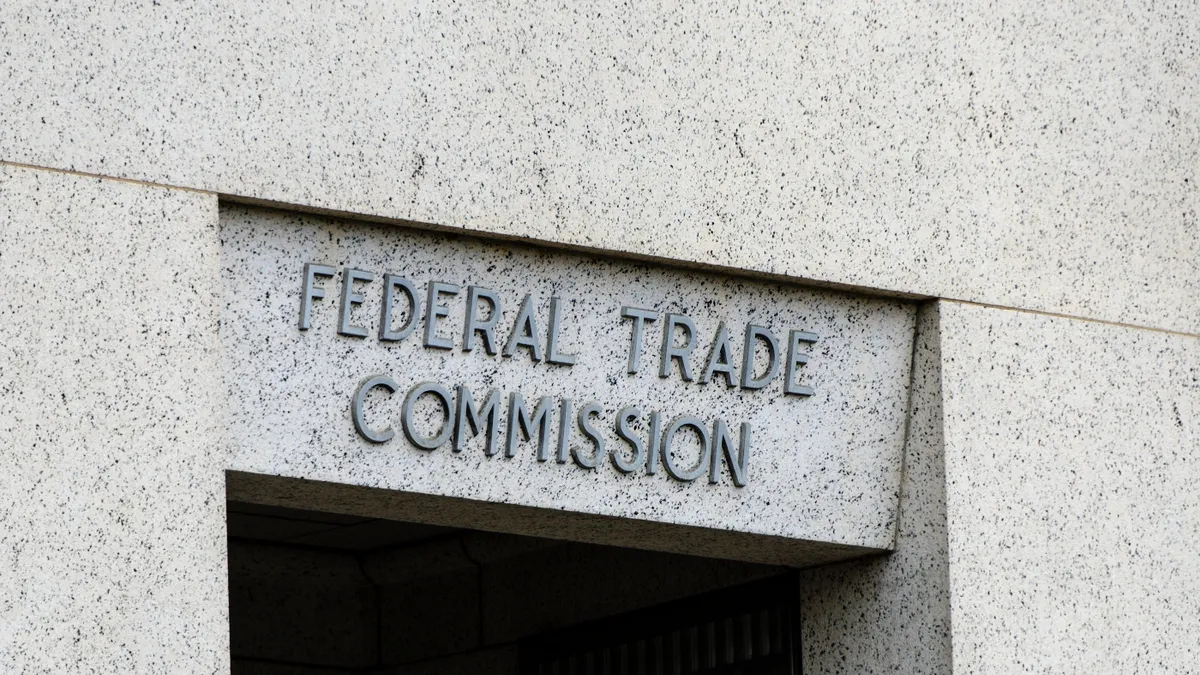In a move that is expected to add cost and time to companies’ M&A plans, the Federal Trade Commission has given itself the power to preemptively stall mergers if an acquiring company has been previously hit with an antitrust action.
The policy shift, approved in July, isn’t a new approach. Rather, it takes enforcement back to what it was prior to 1995, when the agency wielded prior-approval authority to put the burden on an acquiring company to show a proposed merger isn’t anti-competitive. For the last two dozen years or so, that burden has been on the FTC.
The goal, in part, is to make it easier for the FTC to curb anti-competitive mergers at a time when its resources are spread thin. The agency has half the staff that it did in 1980 despite a growing caseload, according to FTC tallies.
But the goal also follows the tougher antitrust stance the Biden Administration has been promising.
“We’re now 40 years into the experiment of letting giant corporations accumulate more and more power,” Biden said in July.
“Too often, federal agencies have not blocked, conditioned, or, in some cases, meaningfully examined these acquisitions,” the White House said in a statement that accompanied Biden’s remarks.
Burden shift
Under the policy, the FTC can include a pre-approval requirement for future deals in any merger clearance settlement it enters into with a company.
These merger clearance settlements are agreements under which the agency adds conditions for approving an acquisition. If the agency finds a merger anti-competitive, and either blocks or adds conditions to the deal, it can subject the company to the pre-approval requirement for any future merger, generally limited to those in the same vertical or market.
“The FTC should not have to waste valuable time and resources investigating clearly anti-competitive deals that should have died in the boardroom,” Holly Vedova, director of the FTC’s Bureau of Competition, said in a statement. “Restoring the long-standing prior-approval policy forces acquisitive firms to think twice before going on a buying binge because the FTC can simply say no.”
The policy shift is expected to dampen mergers at a time when M&A activity is at record levels, fueled by well-capitalized companies, low interest rates, and plenty of targets in the lingering days of the pandemic.
In the first nine months of the year, companies pursued a record 43,865 deals at a total value of $4.33 trillion, according to Refinitiv.
“Companies have embarked on an unprecedented deal spree this year, looking to bulk up and address the vulnerabilities [the pandemic] exposed,” said Jana Mercereau, a corporate M&A consulting executive at Willis Tower Watson.
Uncertain impact
How much the policy will actually slow mergers is unclear, but one result could be more litigation.
“Adding prior notice or prior approval provisions could deter merging parties from settling with the FTC,” said attorneys with Skadden, Arps in an analysis. “The parties might instead opt to litigate the merger challenge to avoid being subject to those requirements for future transactions.”
More lawsuits could have the unintended effect of increasing the cost and staff burden on the FTC, the opposite of what it’s hoping to achieve, the attorneys said.
Utah test case
In an early test of the policy, the FTC in late October entered into a merger clearance settlement with DaVita, the kidney-care giant, that requires the company to divest itself of three clinics in Utah before it can acquire the University of Utah’s dialysis unit. The settlement also forces the company to seek pre-approval for any future acquisitions in the state over the next decade.
“DaVita has a history of attempting to buy up competing dialysis clinics in an industry that is already highly concentrated,” the FTC’s Vedova said.
Although the five-person FTC board was at odds on whether the prior-approval requirement was the right approach — the vote approving the policy shift in July was split — the Commission voted unanimously on the conditions included in the DaVita merger clearance settlement.
That suggests there’s agreement on the need to curb anti-competitive deals, but whether the prior-approval approach is the best way to do that remains controversial.




















